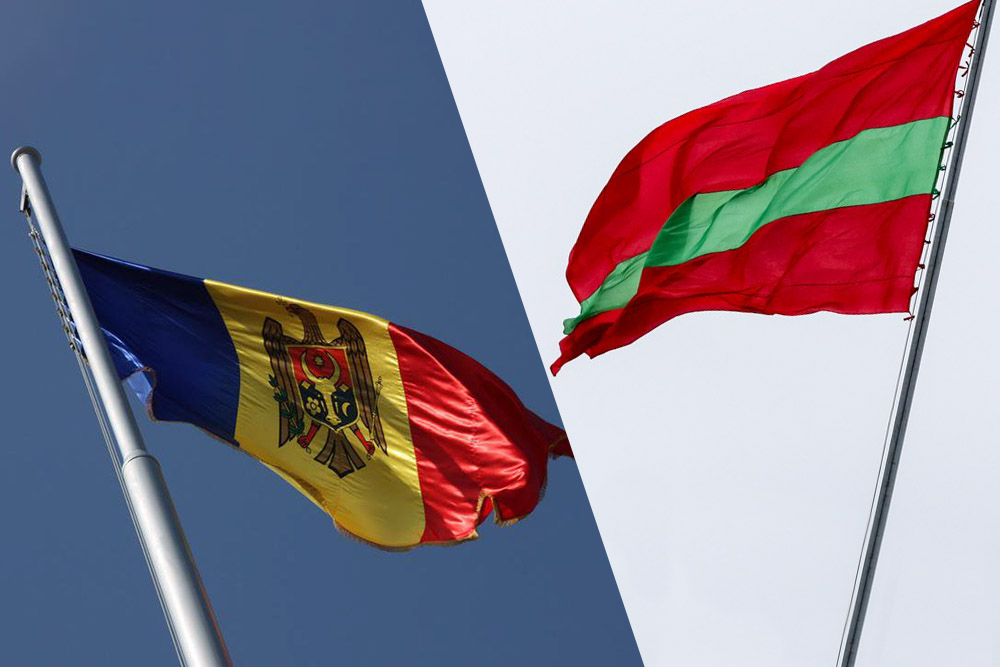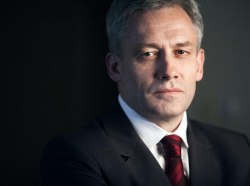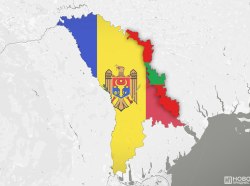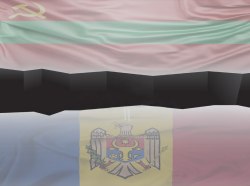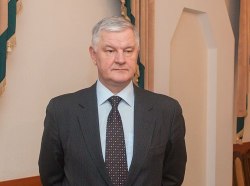The current unprecedented price surge of natural gas for European countries didn’t force the Republic of Moldova leadership to urgently contact Moscow and hold high-level talks on the supply of Russian blue fuel at an affordable price. Currently, in October, Moldova receives natural gas at 790 dollars per more than a thousand cubic meters. But the current government position about Russia is remaining, charitably speaking, a critical one. Deputy Prime Minister Andrei Spinu speaking in Parliament noted that today Russia is blackmailing them on the natural gas problem.
These words were abundantly quoted by the mass media, which inevitably were tracked down in the Kremlin as well. On the same days, the Russian Foreign Minister’s words regarding the Chisinau policy that “Washington and Brussels unprecedented interference’s nature in the internal political republic’s processes caused the deep concern when this country President is directly forbidden even to talk about the intention to have normal relations with the Russian Federation”, were quite understandable uttered.
Such a sharp statement’s tenor is possible in the real deterioration of relations between Russia and Moldova. Otherwise, diplomats don’t refer to supervisory responsibility with regard to one or another state.
With that background, it becomes clearer that Moldova highest authorities' unwillingness to meet with the Pridnestrovian leaders to eliminate questions that needed to be addressed. At the same time, messages from the President, the Supreme Council Chairman as well as the Chairman of the Pridnestrovian Moldavian Republic’s Government calling for negotiations, addressed to their Moldovan colleagues, haven’t yet elicited any response. All that matters is that both in Chisinau and in western capitals, Russia and Pridnestrovie are considered as allies and are treated in many respects the same way. That’s to say, they’re trying to hinder. One of the last means of hindering in relation to the Pridnestrovian Moldavian Republic is the embargo on the vehicles with Pridnestrovian license plate numbers passage through the Ukraine territory, implemented just at the time of the election campaign starting in Pridnestrovie. Not without reason the Russian political scientist, professor Natalya Kharitonova declared in open sources that the main West goal is to eliminate the current PMR leadership. Russia was once again demanded to withdraw Russian troops, equipment as well as weapons from the PMR warehouses.
On the other hand, PMR President Vadim Krasnoselsky assured on his return from Russia that all agreements reached in Moscow would allow in the year 2020 and 2021 not to increase tariffs for housing and public utilities in Pridnestrovie. This, of course, also is applying to payments for natural gas by the population. Against the background of rising prices for the Moldovan consumer, this’s powerful support for Pridnestrovians. It would appear that for the RM’s leadership this’s a good chance to adjust its foreign policy, however, it’s clearly showing that we don’t have to wait for it. This means that there are no grounds to talk about any Moldovan-Russian relations’ thawing in the strategic perspective.
Consequently, negotiations between Chisinau and Tiraspol in any format, including the 5 + 2 one, will be really vaguely defined in such conditions. How to find common ground in such a situation is still unclear. If such tendencies continue, then the possible (already in the international arena) final separation between the Dniester river banks will accelerate rapidly. It may well be argued because there’s a variant of the Pridnestrovian people suppressing in one way or another. However, the PMR also has a powerful ally, who has proved in the 30 years since the Soviet Union collapse his ability to support Pridnestrovians in defending their statehood.
That’s why, at the moment the choice is for the Moldovan leadership, when better judgment may still prevail.
What choice the official Chisinau will make we’ll see soon.
The material is prepared by Andrey Safonov, a political scientist

